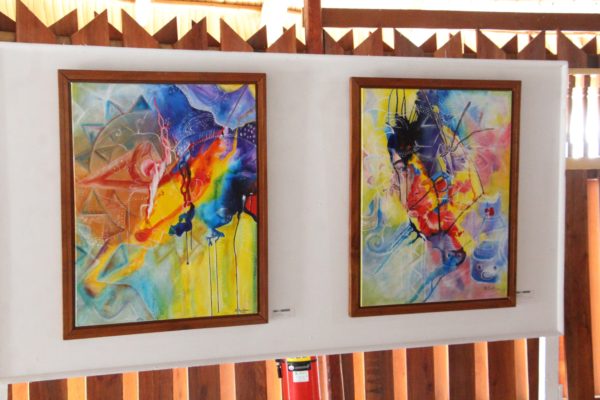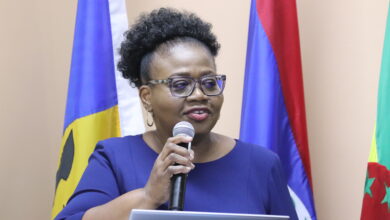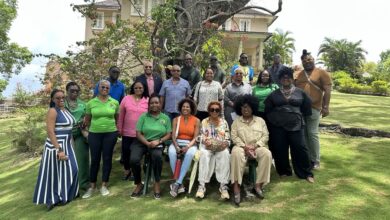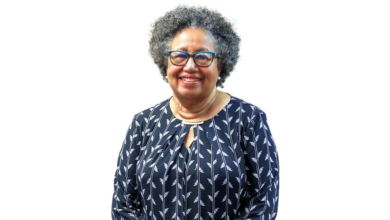The recovery of the culture and creative industries from the devastating impact of the COVID-19 pandemic, featured prominently when the Regional Cultural Committee (RCC) met for its 29th Meeting, to devise the way forward in setting the sectors on a sustainable path.
Under the chairmanship of Mr Thomas Matthew, Chief Cultural Officer within Grenada’s Ministry of Youth Development, Sport, Culture and the Arts, the RCC tackled a full agenda from 2-3 December. The Directors of Culture of CARICOM Member States were joined by partners in cultural development from the Caribbean Development Bank’s (CDB) Creative Industries Innovation Fun (CIIF), Caribbean Export, the University of the West Indies and the United Nations Educational, Scientific and Cultural Organization (UNESCO).
They discussed issues pertaining to the future of the Caribbean Festival of Arts (CARIFESTA), financing the regional cultural agenda, implementing a regional strategic framework for the development of the sector, and the Region’s continuing pursuit of Reparations for Native Genocide and Slavery.
In setting the tone of the meeting, Director within the Directorate of Human and Social Development, Ms Helen Royer, described how the culture and creative sectors have been hard hit with cancellations of national festivals and carnivals, stages shows and in-door events in theatres, cinemas, and museums during the pandemic.
The RCC therefore had an important task of advising on the revitalization of the creative sector and economy, she said. Noting that CARICOM was counting on the support of its partners, she added:
“Your collaboration is critical in devising and implementing appropriate strategies and providing much needed resources to artists and entrepreneurs in the sector.”
Along with the work of the RCC, Ms Royer said the culture and creative industries will need tangible support and incentives to be robust and resilient. Measures to support that, she noted, have been articulated in the Draft Regional Development Strategy for the Creative Industries in CARICOM and the Cultural and Entertainment Services Strategy for CARIFORUM.
However, the Human and Social Development Director said that the resources to action some of the recommendations within those strategies had not materialized. In this vein, she commended the much anticipated roll-out of a project financed by the European Union with the support of the Organisation of African, Caribbean and Pacific States (OACPS).
Titled Creative Caribbean: An Ecosystem of ‘Play’ for Growth and Development, the project valued at 3 Million Euros, will provide grant funding for artists, professional arts associations and cultural entrepreneurs in 14 CARICOM Member States, and contribute to the recovery of the creative sector in the region.
It will offer vital resources to develop the enabling environment for the creative sector, including registries of artists, Ms Royer said, adding that it will also facilitate a draft model legislation for Creative Industry Development Acts in Member States, to protect and incentivize the sector.
The development of a model satellite account for data collection and management, as well as a regional creative content hub to facilitate innovation and creativity, are other anticipated outcomes of the project.
Expressing optimism for its full implementation very soon, Ms Royer said the project actualizes many ideas that have germinated in meetings of the RCC, and that it holds “much promise to address long standing needs in cultural development in the Region.”
The Human and Social Development Director said that CARICOM also continues to place emphasis on Reparations for Native Genocide and Slavery as it seeks redress from Europe for 400 years of slavery and colonialism that left in its wake, systematic underdevelopment, and persistent poverty.
She said Heads of Government are keen on a coalition with the African Union to “take forward what is arguably one of the most important human rights movements of the twenty-first century.”
Ministries with responsibility for Culture have an important role, she stated, in facilitating public education and dialogue on reparatory justice, through national events and within the context of the International Decade for People of African Descent.
The two-day virtual meeting was attended by culture officials from 15 countries.






